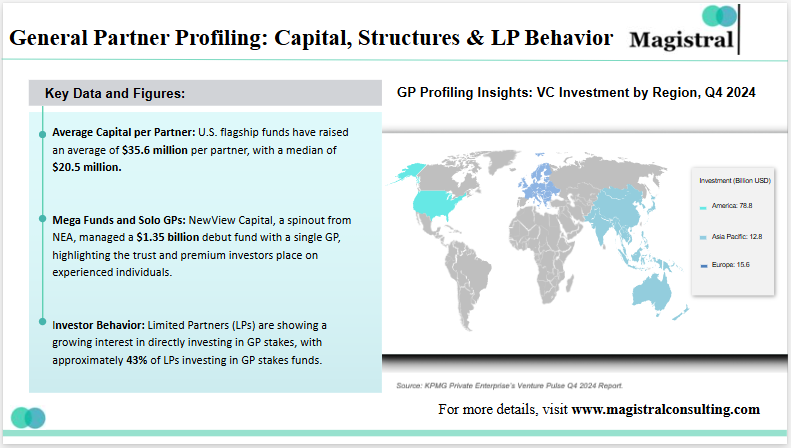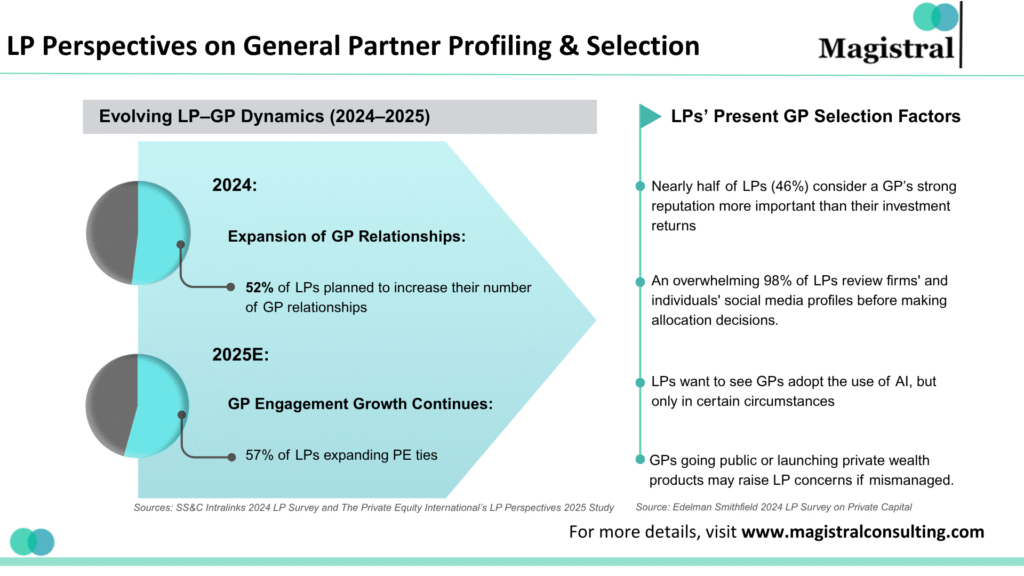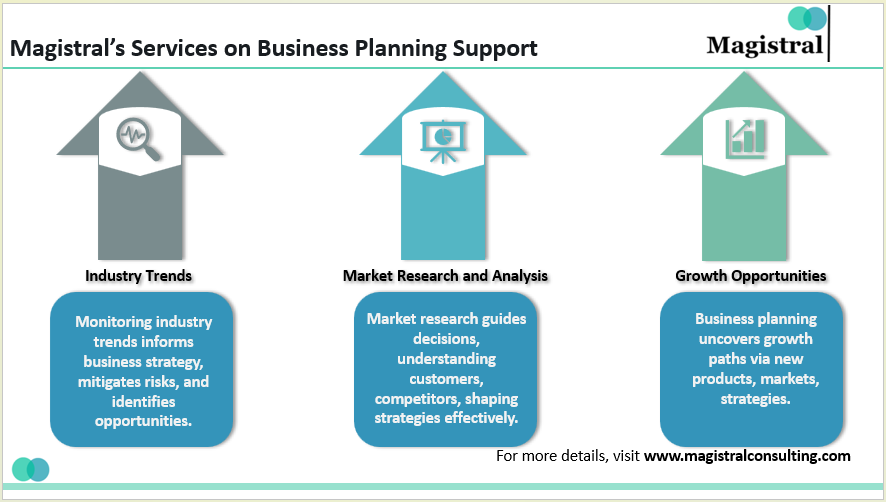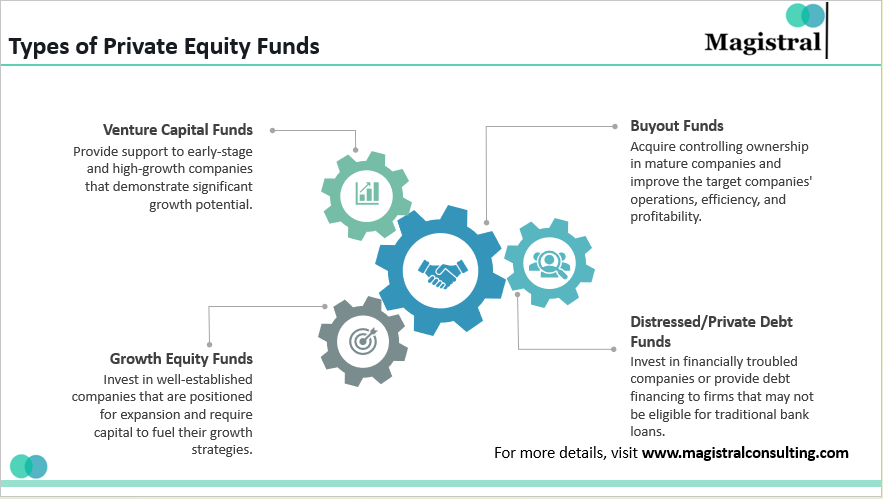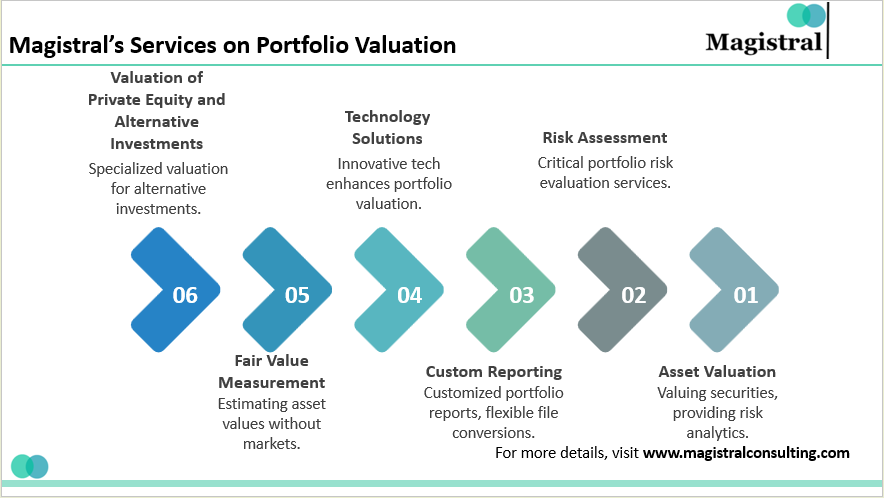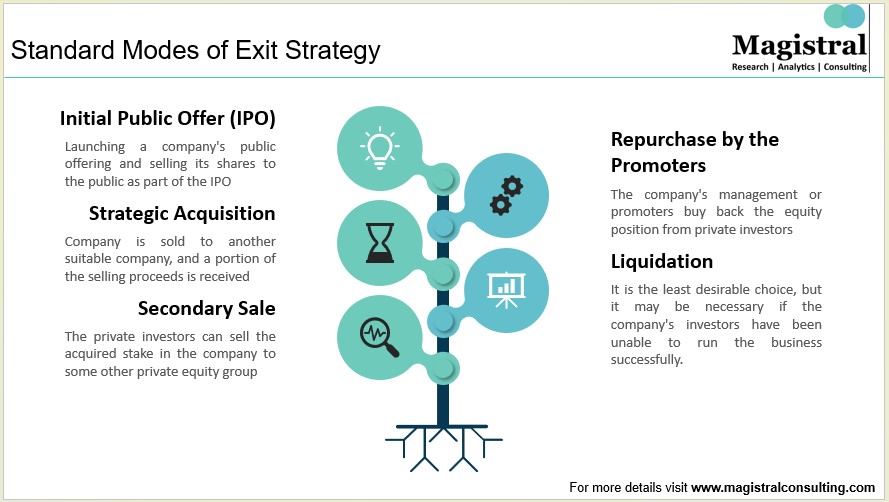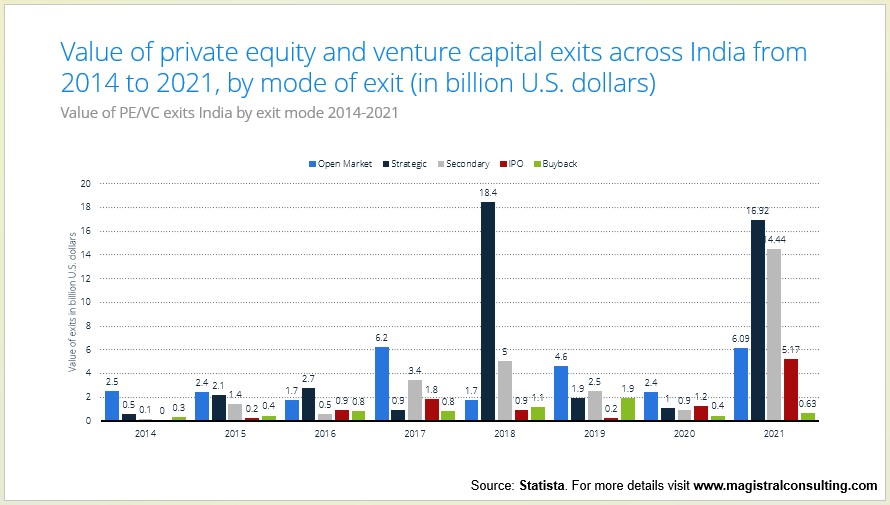Investor reachout is often mistaken solely as a short-term fundraising activity. The purpose of reaching out to investors is fundraising. This activity is important, as it helps in connecting and building relationships with investors for the long run. When done well, investor reachout not only facilitates immediate funding for a company’s product development or market expansion but also builds a track record with investors that integrates the company into a shared long-term growth vision.
Today, financial markets evolve rapidly—investors have new opportunities to consider, valuations change, and perceptions of risk and reward shift rapidly If a company wants to stand out, it needs a lot more than just a pitch deck. It needs investors’ incisive comments, reputable data-backed narratives, a deeply investor-centric outreach that is tightly targeted, and the appropriate investor-centric pull. In the battle for funding, great companies with potential will be passed up if they fail to clear these hurdles.
Data-Backed Windows for Engagement
Outreach engaging potential investors follows a seasonal pattern and has specific periods that are more fruitful than others. Synchronizing one’s activity to these specific periods immensely benefits the visibility and proportion of responses received.
The message is not the only thing that matters in investor reachout timing is equally important. The ideal periods to approach investors are February to May and September to November (Qubit). These timeframes coincide with portfolio reviews, reallocation exercises, and opportunity-seeking phases. These include August and December, which tend to be the least active months due to holidays and the year-end closing.
Capital Markets Appetite & Investor Reachout
The ways of accessing investors as well as the allocations of capital are changing very quickly. This is indicative of the changes taking place in the market. Investors changes in the market are changing the places, timings, and methods of investment.
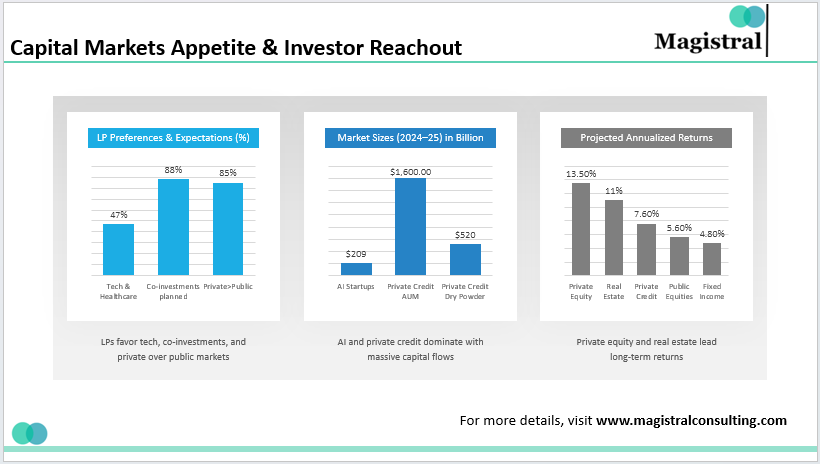
Capital Markets Appetite & Investor Reachout
Deal valuations strive towards realism, while being underpinned by plentiful capital and suppressed deal demand, especially from institutional investors.
Technology and healthcare continue to be the dominant sectors, with 47% of limited partners expressing interest in them.
Globally, AI startups raised close to $209 billion in 2024, and this trend is anticipated to continue into 2025.
Private credit is on the rise. It has $1.6 trillion in AUM and $520 billion in dry powder.
Co‑investments are rising 88% of LPs plan to allocate up to 20% of capital this way.
Most LPs (85%) expect private markets to outperform public markets long term.
Projected annualized returns (2025–2035): private equity 13.5%, private credit 7.6%, real estate 11%, versus 5.6% for public equities and 4.8% for fixed income.
This sets a compelling backdrop: investors are hungry for alternative channels, especially private markets, with AI, healthcare, and tech at the helm.
AI as a Force Multiplier in Outreach
The ways of accessing investors as well as the allocations of capital are changing very quickly. This is indicative of the changes taking place in the market. Investors changes in the market are changing the places, timings, and methods of investment.
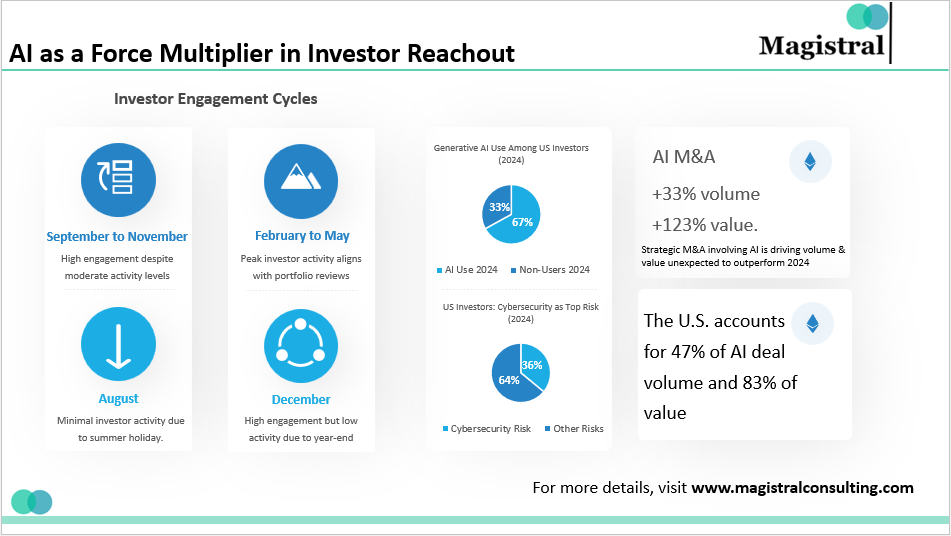
AI as a Force Multiplier in Investor Reachout
Even as deal volume dropped by 20%, investors still were willing to pay a premium for AI-linked targets in the first half of 2025. This is illustrated by the fact that the value of AI deals increased by 127% YoY.
Strategic M&A involving AI is driving volume and value up expected to outperform 2024 by 33% (volume) and 123% (value).
The U.S. makes up 47% of AI-related deals by number and a staggering 83% by the total dollar value.
Like private equity, fund managers seem to be focusing their attention on modernizing data infrastructure (for example, data centers). This is an indication that they want to support foundational AI in the long run.
For investor reachout, AI isn’t just a buzzword, it’s a door-opener.
Economic Patterns Shape Outreach Strategy
The international economic outlook affects the financial markets:
In 2024-2025, India leads the diversification and funding efforts by raising $1.7 trillion through 320 IPOs. Additionally, mutual funds thrive with 54 million retail participants and a doubling in the number of sub-Rs 500 SIPs.
The United States displays signs of increasing caution: 36% of investors cite cybersecurity threats as the most worrisome issue in the near future. The demand for generative AI-driven research has also grown from 49% to 67% in 2024.
In the US, the investor’s response to climate change and corporate risks/opportunities marks a focus area, with 2/3 of them being very likely to invest additional funds in such companies.
For the US IPO market, there is a forecast that the market will remain active in 2025 amid interest rate cuts and continued moderation of inflation.
While AI implementation in investor relations and financial institutions leads to better operational efficiency, ESG is under a fresh scrutiny given the existing political and economic upheaval.
Developing Your Investor Reachout Strategy
Building strong investor connections requires appropriate investor targeting and timing, diligent drafting of the right messages, and the ability to pivot as the situation requires. The following strategies can help maximize outreach effectiveness and engagement
Timing is Crucial
For maximum engagement and visibility, initiate investor reachout between February and May or September and November.
Appropriate Language and Lens
Craft your pitch on high-growth sectors such as technology, healthcare, AI, and climate, and showcase genuine merits such as IP, defensibility, and infrastructure.
Use AI Smartly
In AI, highlight any strategy, platform, or use case.
Write individualized communication for each investor and create press briefings, monitor the current sentiment of the investors, and keep track investors with prescribed AI that matches the investor’s generative AI.
Use specific webinars, short digital videos, or other digital marketing to get the attention of investors.
Address New Risk Landscapes
Especially as investors demand data-privacy and resilience, demonstrate cybersecurity and data-privacy protection measures and provide disclosures to investor data-privacy and resilience demands.
Offer Flexibility in Capital Structures
Indicate the willingness for co-investments or private credit instruments, which are becoming popular.
Adapt for Retail and Emerging Markets
Modify your communications if applicable for small-scale (e.g., investing under ₹500 SIP in India) or neglected market investors.
Looking Ahead: Evolving Investor Reachout
Investor engagement is shifting from passive asset pitching to active, insight-sharing dialogues.
AI-driven tailored experiences are on the rise.
There is an increased focus on alternative assets and private markets.
Constructive trust-building is through the availability of data, increasingly focused on ESG, cybersecurity, and other relevant standards.
Cross-border digital reach (e.g., into India’s retail base) will unlock new pools of capital.
Looking for investors in 2025 requires a special skill set that involves an understanding of timing, technology, sectors, and relational capital. The evolving investor behavior with respect to AI, private equity, green industries, and the like, the poster’s strategy should be well informed, relevant, insightful, and aligned with investor expectations. Not only will the right attention be garnered, with the right partnerships and relationships, the right, and modern, AI relational tools, proper investor timeframes, and demands can be met and built upon with legacy impact.
Services Offered by Magistral Consulting for Investor Reachout
At Magistral Consulting, we handle all phases of the process, from evaluating and selecting the proper investors to finalizing agreements with practical advice and effortless follow-through.
Identification and Profiling of Target Investors
Making refined lists of Private Equity firms, Venture Capitalists, family offices, sovereign wealth funds, and High Net Worth Individuals including in-depth profiles covering their investment thesis, deal size, and key decision makers.
Investor Communication and Outreach Strategy
Developing campaigns on LinkedIn, emails, and events; crafting one-pagers, teasers, and comprehensive decks; and organizing meetings with investors.
Fundraising Collateral Preparation
Producing expert pitch decks, Confidential Information Memorandums (CIMs), teasers along with detailed financial models and valuation support to boost negotiations.
Deal Sourcing & Warm Introductions
Using global networks to identify active deal leads and providing warm introductions to boost the likelihood of positive investor engagement.
Investor Tracking & Reporting
The process of managing investor outreach, capturing responses, and tracking engagement within the CRM, as well as creating dashboard snapshots and progress reports at regular intervals.
Market Intelligence & Insights
Sector-specific report generation on trends, analyzing the deployment of capital, benchmarking, and aligning opportunities to the investor priorities.
End-to-End Fundraising Support
Managing the full process—from investor identification to outreach, follow-ups, and deal closure—as an extended team.
About Magistral Consulting
Magistral Consulting has helped multiple funds and companies in outsourcing operations activities. It has service offerings for Private Equity, Venture Capital, Family Offices, Investment Banks, Asset Managers, Hedge Funds, Financial Consultants, Real Estate, REITs, RE funds, Corporates, and Portfolio companies. Its functional expertise is around Deal origination, Deal Execution, Due Diligence, Financial Modelling, Portfolio Management, and Equity Research
For setting up an appointment with a Magistral representative visit www.magistralconsulting.com/contact
About the Author

Tanya is an investment-research specialist with 6 + years advising venture-capital, private-equity and lending clients worldwide. A Stanford Seed alumnus with an MBA and an Economics (Hons) degree, she heads project teams at Magistral Consulting, delivering financial modelling, due-diligence and deal support on 3,000 + mandates. Her blend of rigorous analytics, sharp project management and clear client communication turns complex data into actionable investment insight.
FAQs
Why is investor outreach critical in 2025?
What are the best times to approach investors?
Which sectors attract the most interest in 2025?
How is AI changing investor engagement?
